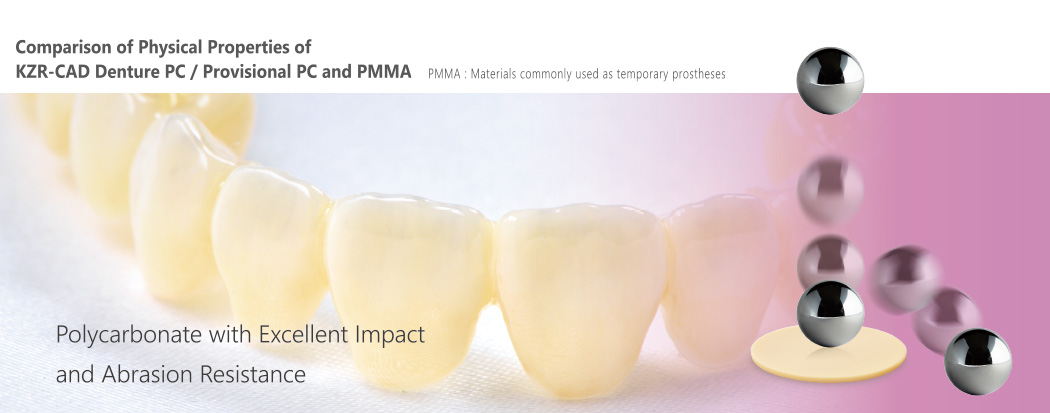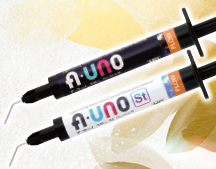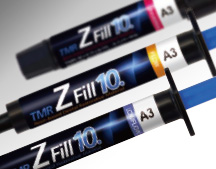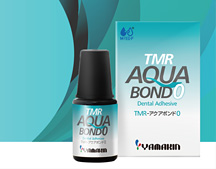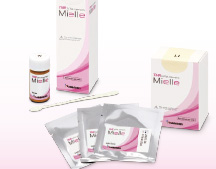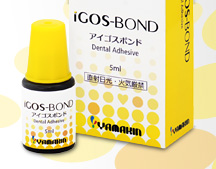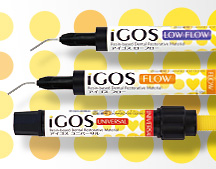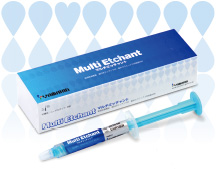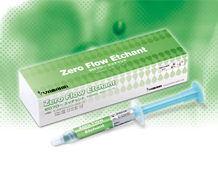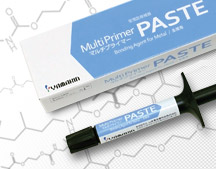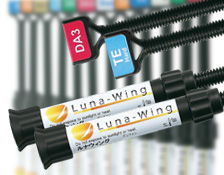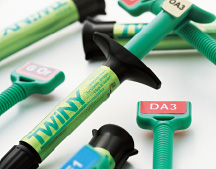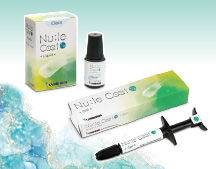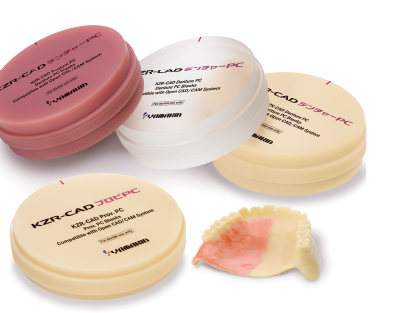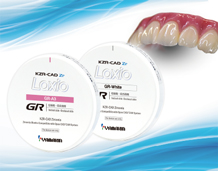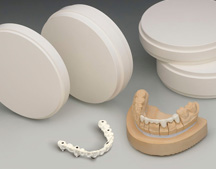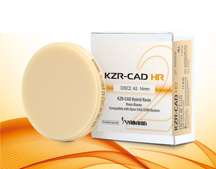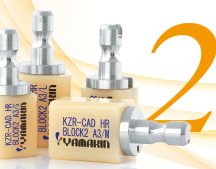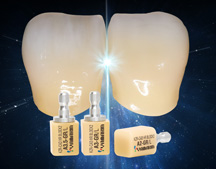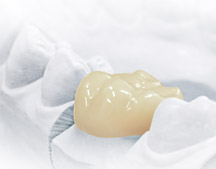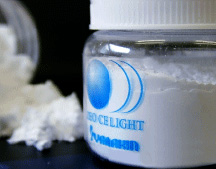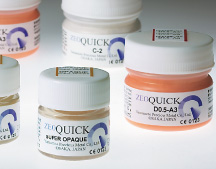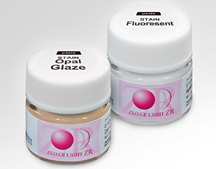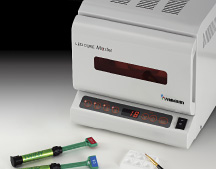Impact Resistance Test
Steel balls, weighing 7g, 14g, 24g, 33g, 65g, 112g, 175g, 201g, 372g and 508g, were dropped from a height of 60cm on to the specimen until it is cracked. As a result of this ball dropping test, deformation was occurred a little bit when a 508g steel ball was dropped. However, there was no crack occurred for KZR-CAD Denture PC and KZR-CAD Provisional PC. Therefore, damage due to unexpected shocks can be prevented during the processes.
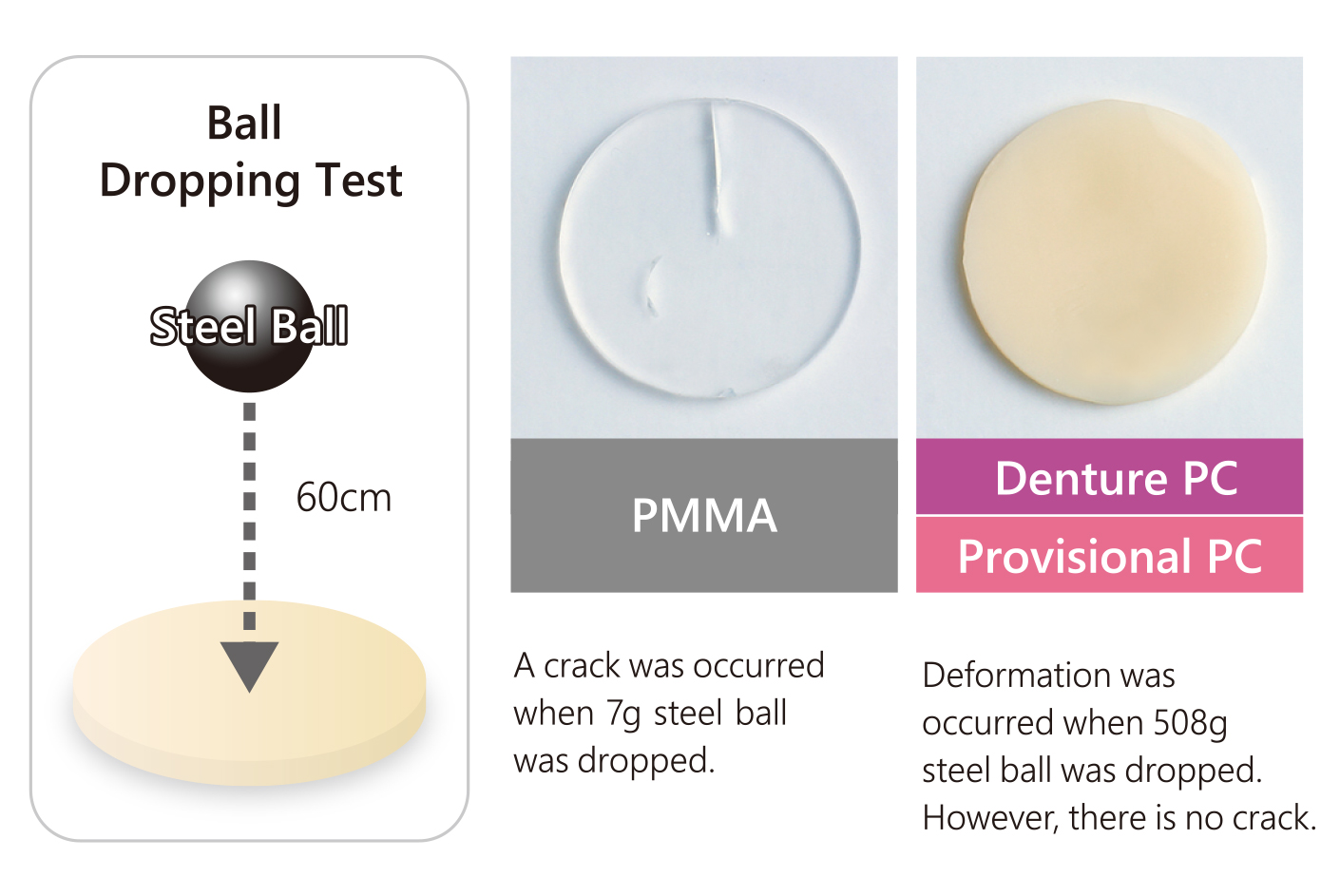
Brush Abrasion Test
Excellent abrasion resistance of KZR-CAD Provisional PC / Denture PC was confirmed by brush abrasion test (50,000 times)*1) It is reported that plaque adhesion is increased rapidly when the surface roughness exceeds 0.2 µm.*2) However, even after 50,000 times of brushing, the surface roughness of KZR-CAD Provisional PC / Denture PC is less than 0.2 µm.

*1) ISO14569-1, the ratio of toothpaste and water is 1:2, Load weight 2.0N
Brush stroke 50,000 times is equivalent to about 7 years if it is assumed to brush teeth twice a day
and brush 10 times per tooth.
*2) Bollen. M. et al. : Dental Mater, 13 (4) 258~269, 1997.
Water Sorption Test
The result of water sorption test show a very low water sorption of KZR-CAD Provisional PC / Denture PC, approximately one-seventh that of PMMA, and it is expected that deterioration in the oral cavity will be hardly occurred.

ISO10477 (Water sorption amount : Not more than 40µg/mm3)
Flexural Strength Test
Compared to PMMA in flexural strength test, the decrease in flexural strength of KZR-CAD Provisional PC / Denture PC after thermal cycle tests is smaller. Therefore, it is expected that strength of KZR-CAD Provisional PC / Denture PC can be maintained.

Thermal cycle test conditions: 5000 time of immersions in distilled water at 4°C and 60°C for 1 minute each.

